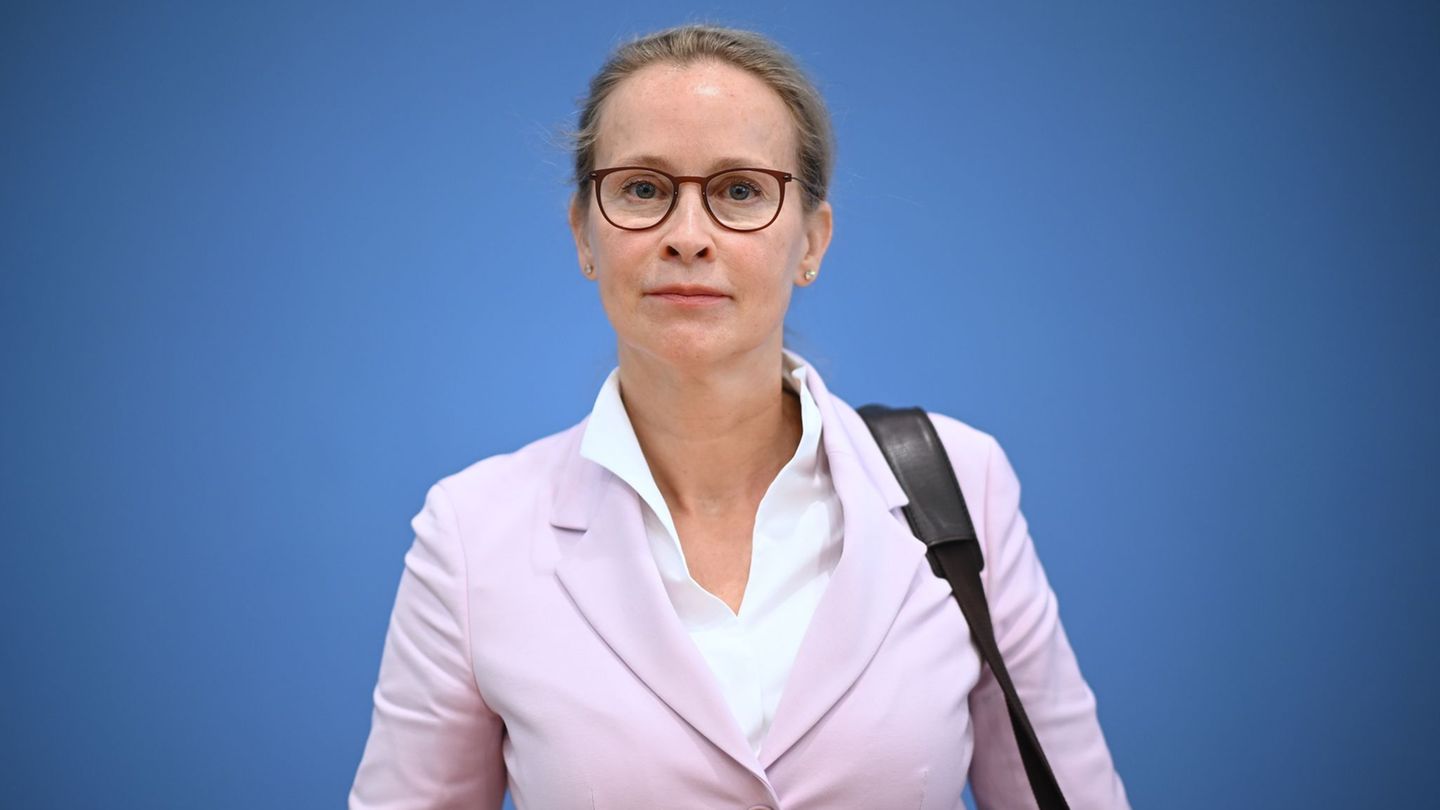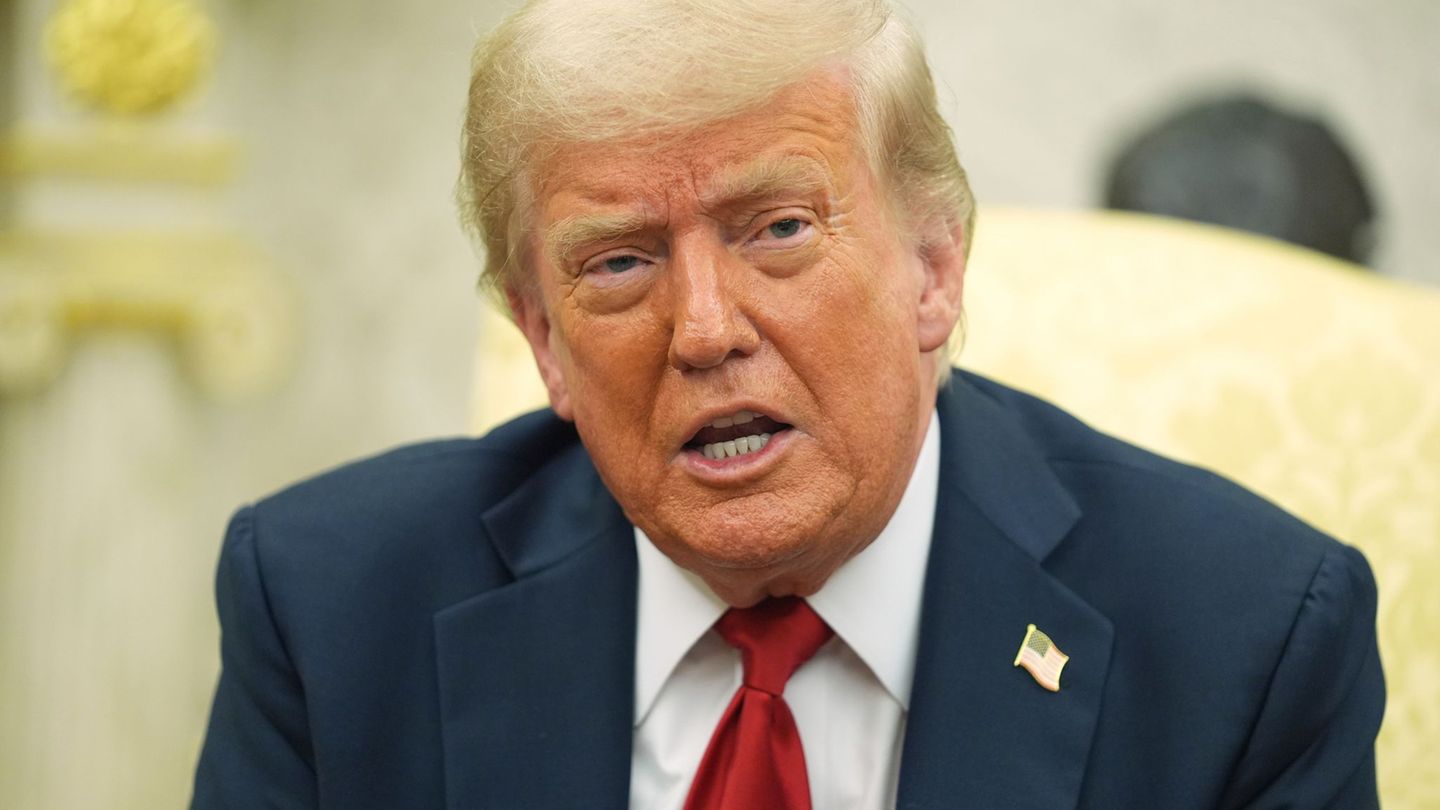According to private estimates, The commercial debt for imports will exceed US$50 billion this year, a situation that leaves a heavy burden to attend to from the start of the next government. However, although there is a certain urgency to resolve this front in order to maintain the import flow and prevent the economy from stoppingmore than 90% of it would be manageable because it is between local companies and their headquarters abroad.
The data was provided Martin Polo, chief strategist of Cohen Argentina. “The biggest losers are the parent companies themselves, which cannot charge their subsidiaries.“Polo said in a talk with investors. “This increase in commercial debt is putting pressure on the transition,” he said.
According to estimates from the brokerage company, until June the unpaid debt for imports corresponding to this year amounted to US$9,957 million, but of them, US$7,549 million was with parent companies. Polo maintains that Being a debt between related companies “that gives a little oxygen” to solve the problem.
“The favorable part, so to speak, is that this increase could give a little more time, since with suppliers it is another type of relationship, so the clock starts running faster,” Polo said.
Cohen’s analyst said that with private foreign debt the government “is financing the transition.” By June of this year, the stock of private commercial debt amounted to US$48,864 million. On the other hand, the debt with the parent companies was exclusively US$46,036 million, that is, 96%. Cohen estimates that 2023 will end with a debt stock of US$50,000 million, so if this relationship is maintained, the debt with related companies would be US$47,000 million. if that ratio is maintained.
The delay in paying for supplies is a major concern for the leaders of the Argentine Industrial Union (UIA). Although at the beginning of this year the automakers were first in line to buy A3500 dollars to import, the problems generated by the drought caused them to fall in general terms of the law.
During Sergio Massa’s visit to the factory this Tuesday, the issue was mentioned. The Minister of Economy and presidential candidate promised to expedite authorizations to import (the so-called SIRA), but strictly speaking, that is not the biggest problem for companies. After obtaining authorization, they need the Central Bank to allow them to buy the dollars at $350, something that has been happening on rare occasions recently. This year, automotive companies have recorded production slowdowns due to lack of inputs. Other sectors, such as medicine, also complain about a lack of elements.
How could the problem be solved from 2024? Although none of the presidential candidates left standing for the second round have said anything yet, it is expected that there will be a textbook solution. Darío Epstein, one of the economic leaders of Libertad Avanza, said a few weeks ago in talks with investors that a scheme should be imagined with differential treatment for the stock of debt and another for the flow. Assuming that in 2024 the field once again contributed some US$30 billion in exports, that could serve to address the flow of imports. The economists who were with Patricia Bullrich would have thought of a similar scheme, so it is to be expected that if Massa were the next president he could go for a similar solution. At the UIA he pointed out that if he is elected there will be “new instruments” to finance the operation.
Source: Ambito




